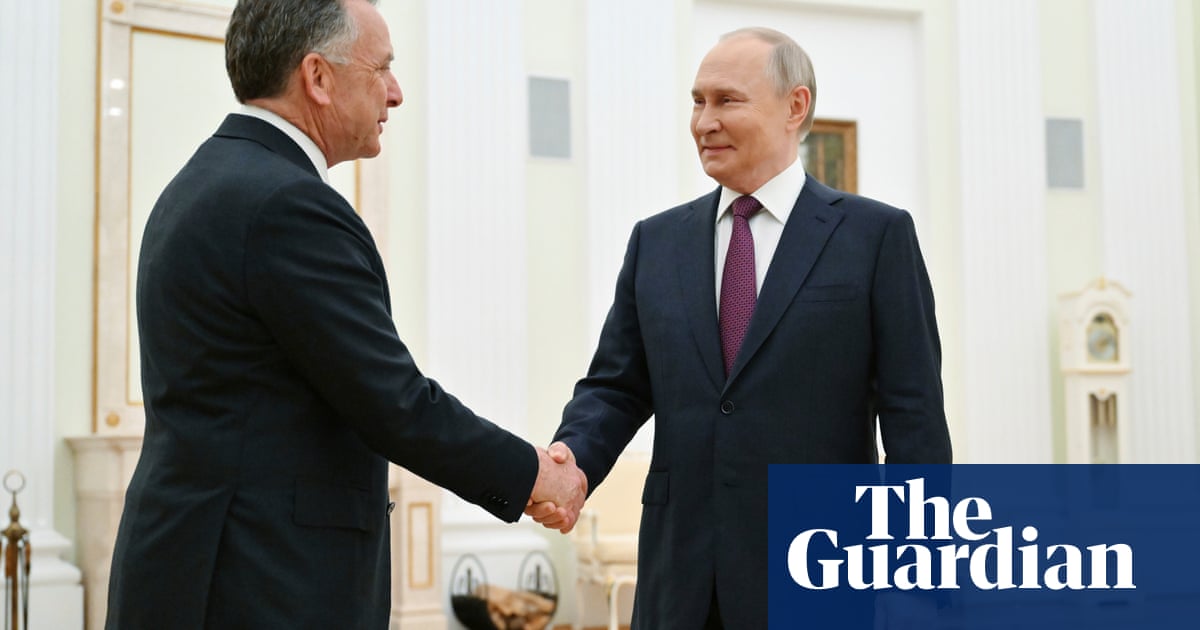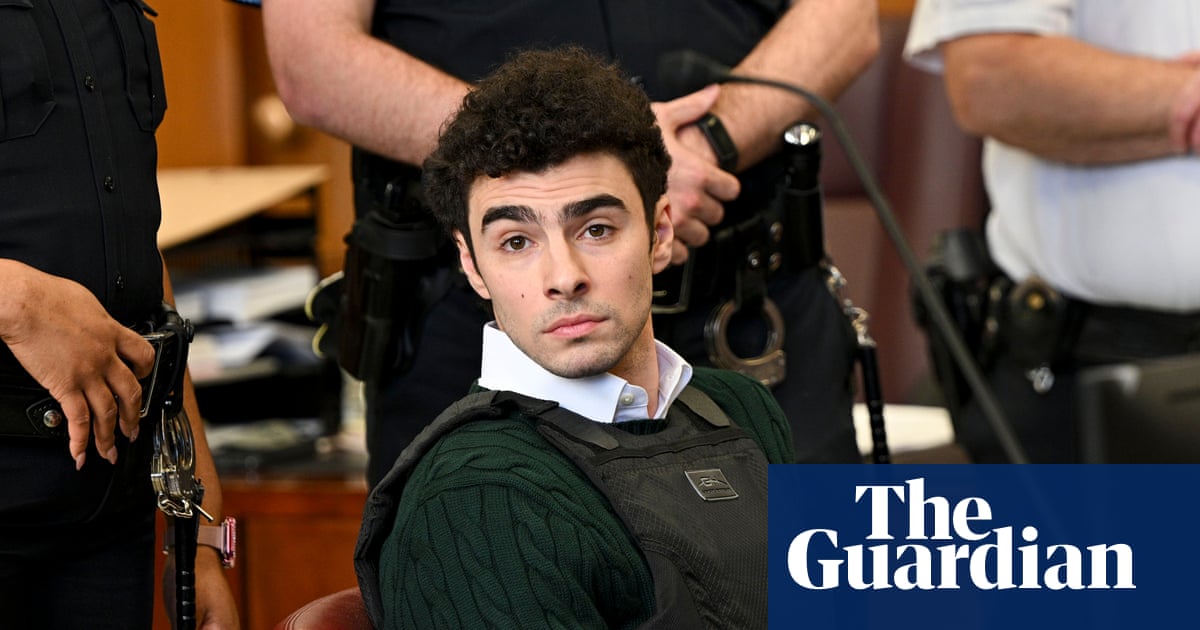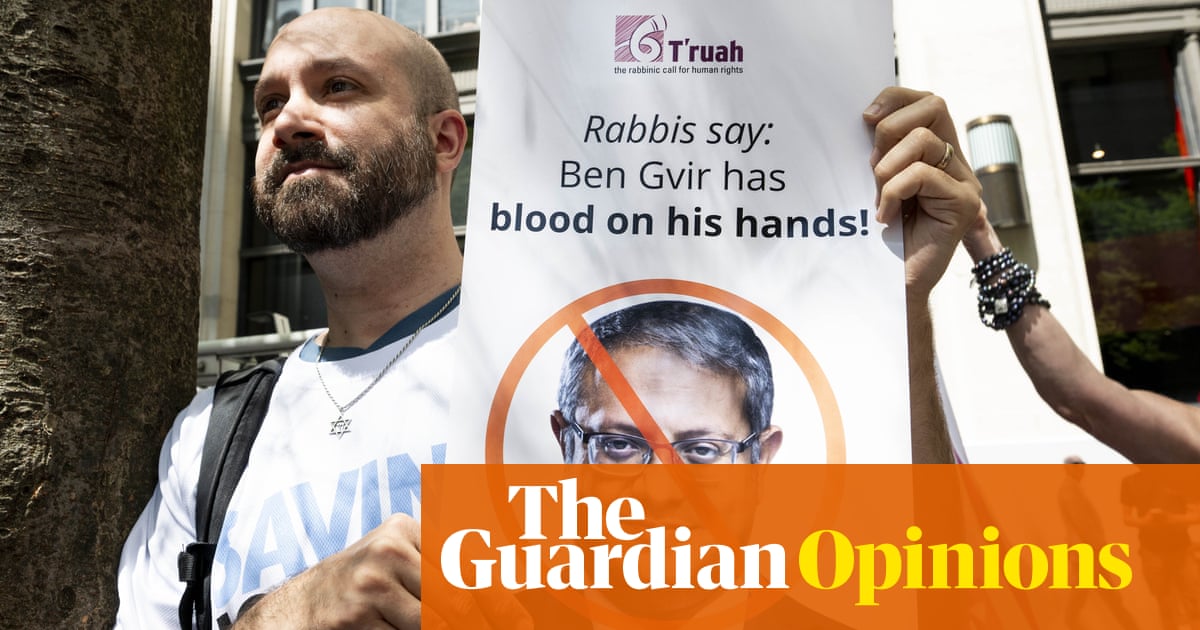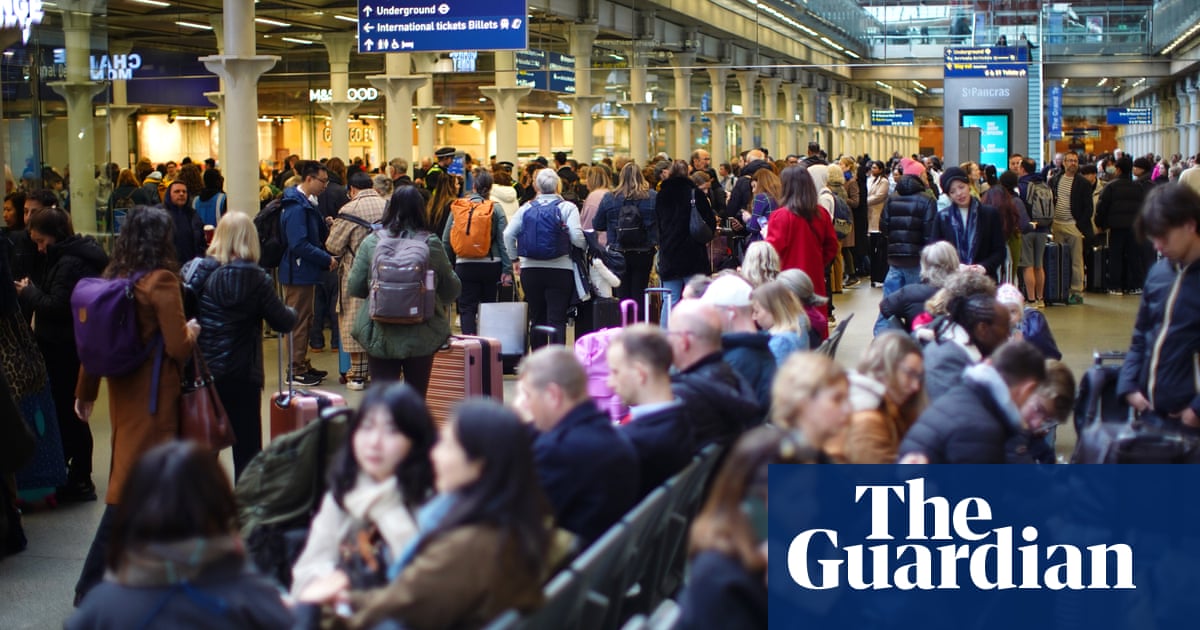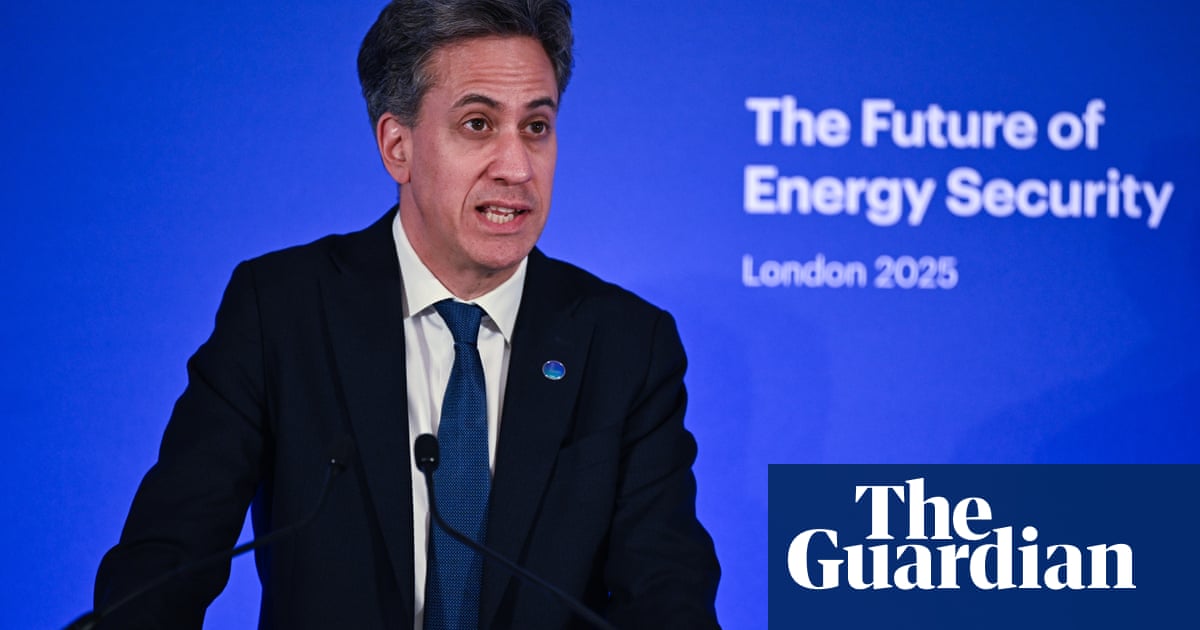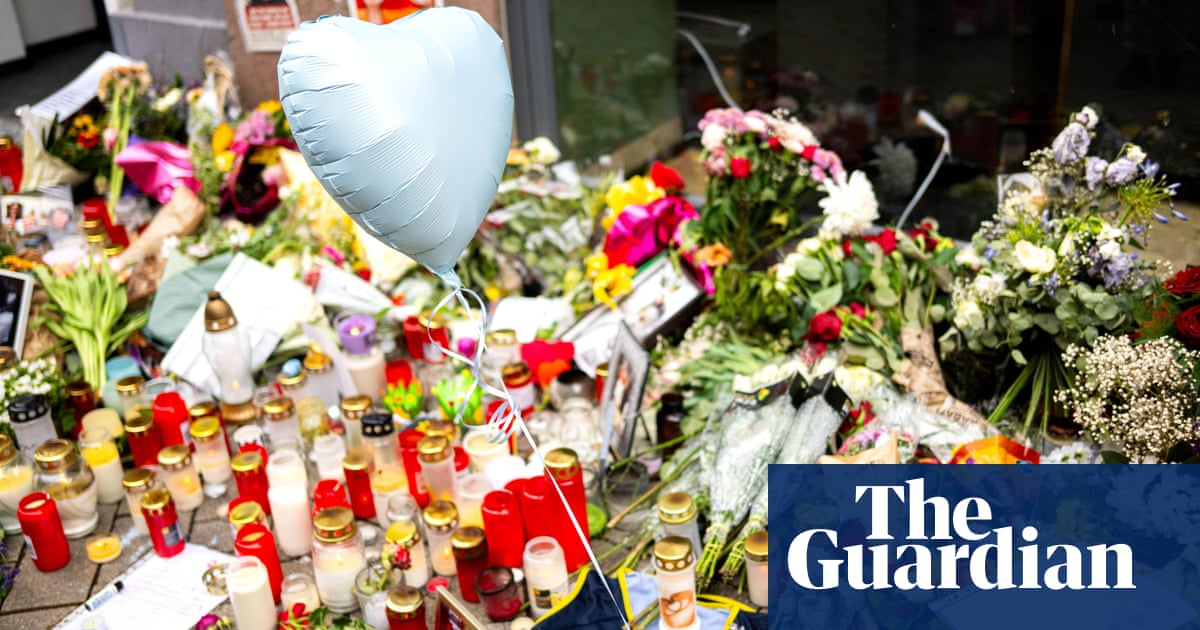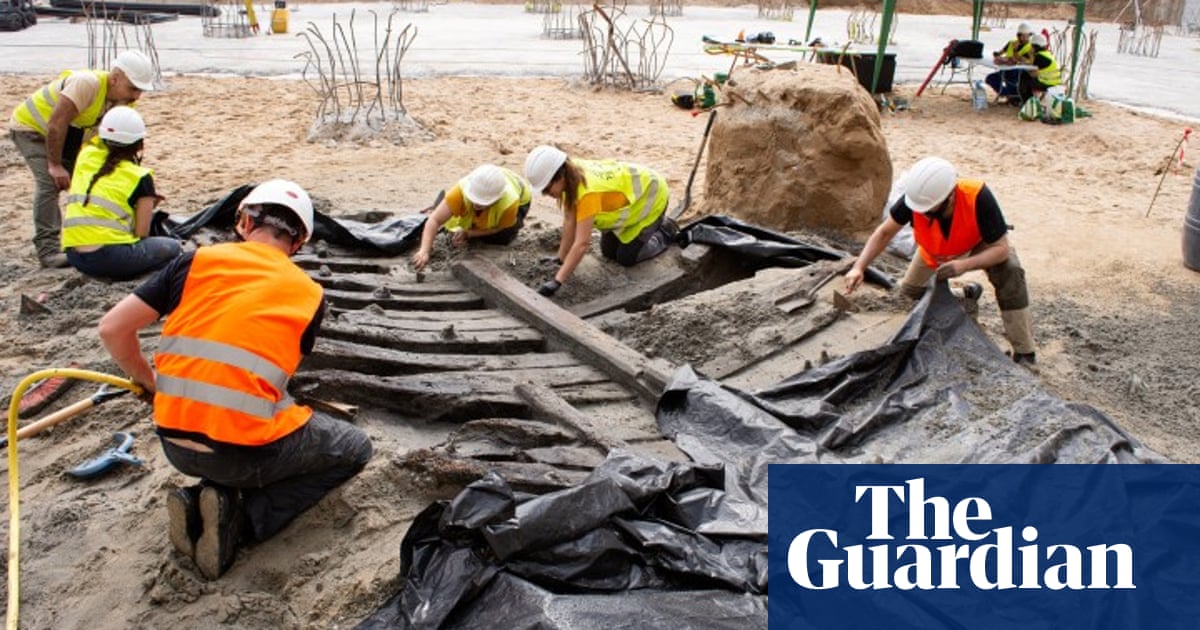I always knew my parents operated on a different wavelength than most.
For one, they are both exceptionally smart. My mother is a former mathematician, who studied the various levels of infinity as part of her master’s thesis. My father is a computer programmer who, at 17 years old, was one of the youngest people to ever be able to communicate with ships in morse code. They met at a party for members of Mensa, a club for the highly intelligent.
But their gifts have come with challenges. My dad struggles with eye contact and can become easily overwhelmed in social settings, where emotion and nuance can short-circuit his systems. My mother has difficulty with executive function, and finds it tough to stay neat and organized. Regulating their emotions and reading social cues don’t come easily to either of them.
My father was first diagnosed with what was then known as Asperger’s syndrome in his 20s. My mother has never been officially diagnosed as autistic, but identifies as such. When I was a child desperately wanting to fit in with others, I found their neurodivergence to be embarrassing. I wanted what I thought other kids had: parents who got them to school on time, who didn’t have unpredictable, emotional flare-ups or constantly messy homes.
Now as an adult, living in a time when neurodivergence is more openly discussed and understood, I’ve come to see their quirks not as flaws but as unique features of who they are. I’ll call my mom when I’m struggling across a tricky math problem, knowing she’ll light up with excitement at the opportunity to assist me with her expertise. I love watching my dad pour himself into his ham radio community, where friendships are forged without the pressure of eye contact.
That’s why, when I first heard RFK Jr vow to the Trump administration to find the cause behind the so-called “autism epidemic”, describing it as a “cataclysm”, I got scared. Was the person in charge of the federal government’s healthcare apparatus really describing my parents as victims of an illness that we, as a society, have let get out of control?
Later that week, he doubled down, calling autism spectrum disorder a “preventable disease” that “tears families part”, citing the growing rates of ASD among children: one in 31 kids in 2022, compared with one in 36 kids in 2020. “These are kids who will never pay taxes. They’ll never hold a job. They’ll never play baseball. They’ll never write a poem. They’ll never go out on a date. Many of them will never use a toilet unassisted.”
Autism is, in fact, being diagnosed more than ever before, but scientists largely attribute this to increased awareness and a broader diagnostic criteria for the disorder. “When I started in this field in the late 60s, autism was a last resort diagnosis,” says Dr Catherine Lord, a clinical psychologist whose primary focus is ASD. “It was primarily given to kids with intellectual disabilities.”
It’s also true that people in my generation have more autism diagnoses than our parents. But there are plenty of us out there who suspect our parents may have been on the spectrum, even though they were never formally evaluated. “It’s rare for a parent first to be diagnosed with autism, and then a child realizes they are also autistic,” Lord says. “It’s much more common for a parent to realize they’re on the spectrum after their kid’s been diagnosed.”
RFK Jr’s blanket description of 2% of the population fails to take into account the wide spectrum of symptoms that people with autism experience. Some have higher needs than others. Many are able to mask their symptoms. Some are non-verbal – about 30%, according to the National Institutes of Health. All deserve to live in a society where they are understood, recognized and supported – not categorized, as RFK Jr describes, as a “tragic” aberration that needs to be snuffed out.
By saying autism is a “preventable disease,” rather than a complex neurodevelopmental disorder, RFK further stigmatizes an already vulnerable population and threatens to set back a decades-long effort to bring ASD into public awareness and acceptance. Schools already struggle with how to incorporate autistic children into everyday learning, and few programs exist (let alone are publicly funded) specifically for neurodivergent kids. An infinitesimal percentage of workplaces recognize the unique needs of their neurodivergent employees, making it difficult for people with ASD to find and keep employment.
Neither set of my grandparents understood their children were autistic, and so the support my parents received was limited. My mom’s parents shrugged their shoulders and categorized her as weirdly obstinate. My dad’s parents treated him like a prodigy, which, although a kinder approach, fostered a superiority complex and a host of anti-social behaviors, making it tough for him to find friends. As adults, both my parents struggled to hold down full-time employment at office jobs, presumably in part because their workplaces probably adhered to a rigid social compact and failed to recognize their unique needs.
These days, my parents have learned to mask their autism to varying degrees. My father eventually taught himself how to sustain eye contact with others, and can now hold a conversation with minimal downward glances. They both, to a degree, have become more socially aware and work for themselves.
So, no, autism did not ruin my family, as RFK Jr claims. If anything, their conditions have made me a more empathetic, understanding adult, which I believe makes me a better journalist, friend and daughter. But, I sometimes wonder: what would my parents’ lives have been like if society had made more room for them and others like them? I suspect that in a less ableist world, they would have led happier childhoods. And, I think, so too would I.
-
Deborah Bloom is a text and video journalist who covers breaking news and human interest stories about gender, culture, mental health and the environment

.png) 4 hours ago
4
4 hours ago
4



